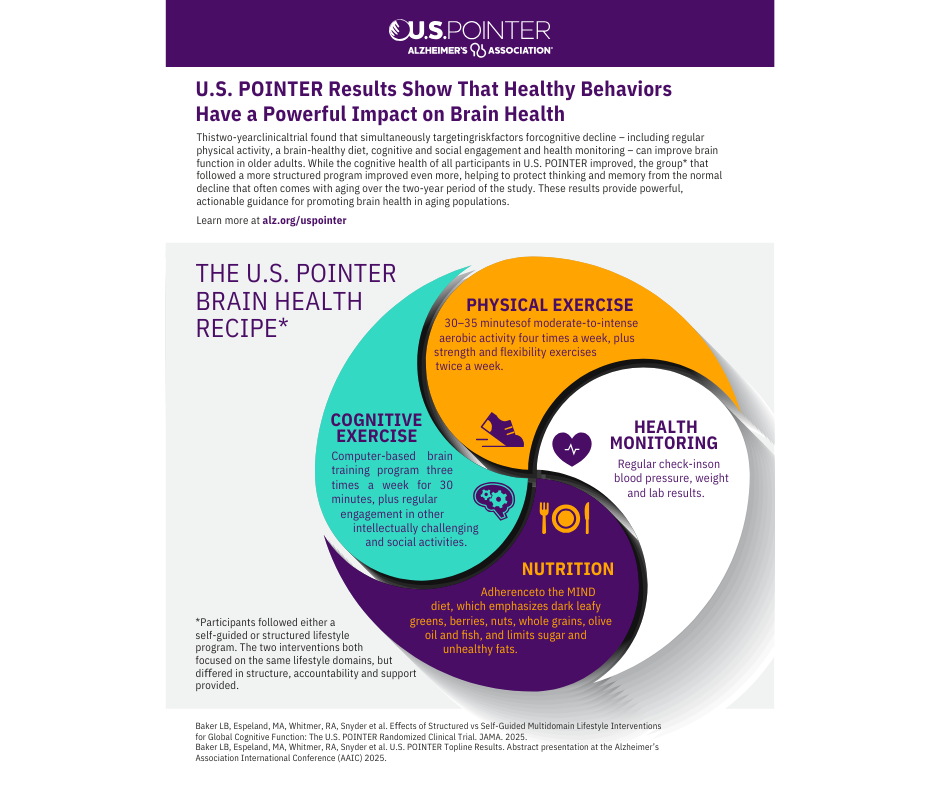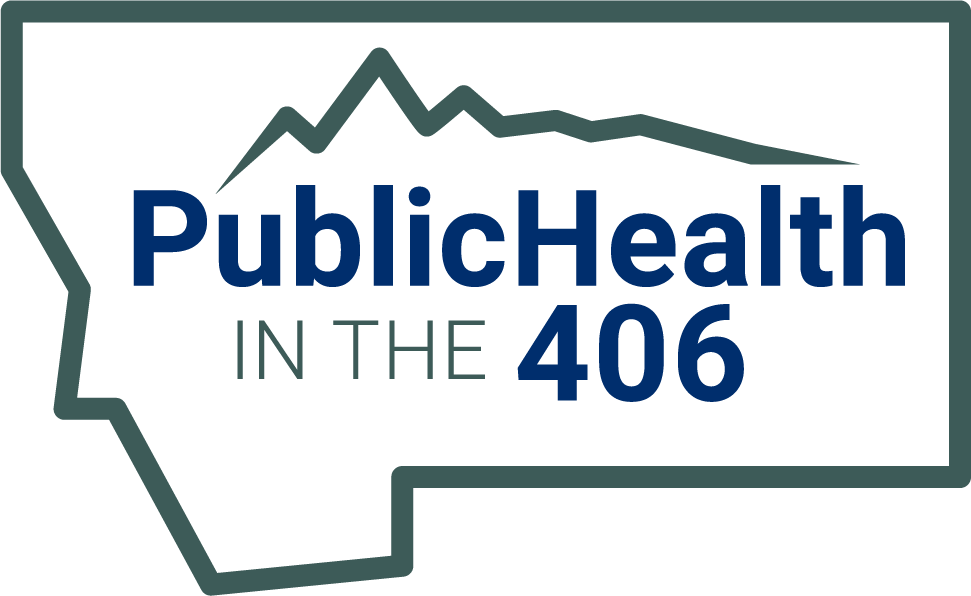Chronic Disease Prevention & Health Promotion
See Public Health Differently
Public health enhances quality of life in Montana by supporting healthy living in your community. From ensuring tobacco-free public spaces to helping health care providers improve patient care, it touches everyone in Montana – from birth to death. Our Chronic Disease Prevention and Health Promotion Bureau is working for you.
What's New from Living Well
Building a Healthier, More Resilient Montana
The Montana Chronic Disease Prevention and Health Promotion Bureau works to support the health and independence of all Montanans through innovative, evidence-based programs. From improving brain health and managing arthritis, to enhancing nutrition, promoting physical activity, preventing falls, and ensuring disability inclusion. These initiatives empower individuals and communities to live longer, stronger, and healthier lives.
Together, through programs like the Montana Alzheimer's and Dementia Program, Montana Arthritis Program, Montana Disability and Health Program, Montana Falls Prevention Program, and the Montana Nutrition and Physical Activity Program, we are building a Montana where everyone has the opportunity to thrive—at every age and ability.

Alzheimer's and Dementia:
Dementia impacts more than 40,000 Montana residents and, as with falls, it is not a normal part of aging. The Brain Health Recipe noted above highlights some of the healthy lifestyle habits you can incorporate to keep your brain healthy. In addition to caring for your cognitive health, steps can also be taken to plan for end-of-life care, such as initiating a will and establishing power of attorney. Visit Legal Services Developer for more information. Remember what is good for your heart is good for your brain!
Arthritis:
More than one in four Montana adults (28%), have been diagnosed with arthritis. Nearly half (45%) of adults with arthritis report experiencing some type of daily activity limitation because of joint pain, stiffness, and decrease of motion.
The Montana Arthritis Program supports evidence-based exercise and self-management classes across Montana for adults with arthritis and related joint conditions. These programs — Stay Active & Independent for Life (SAIL), Tai Chi for Arthritis & Falls Prevention, and Walk with Ease aim to reduce pain, improve mobility and functionality, and help Montanans live more active, healthy lives despite arthritis.
Disability and Health:
One in six (16.4%) Montana adults have a disability. Environmental barriers such as inaccessible spaces, lack of transportation, and limited understanding of disability support needs among employers and healthcare providers create challenges for people with disability to access equitable healthcare and achieve health goals.
The Montana Disability and Health Program (MTDH) aims to promote and maximize health, prevent secondary conditions and chronic disease, reduce health disparities, and increase the independence and quality of life for people with disabilities.
The MTDH accomplishes their goals through collaboration with local disability organizations, such as the Centers for Independent Living and Developmental Disabilities Service Agencies. Together they offer inclusive evidence-based healthy lifestyle workshops, link people with disability to needed health care resources, train health care providers on effective communication, and assess for and implement environmental changes that ensure the development of safe, connected and healthy communities.
Falls Prevention:
In Montana, one in three older adults aged 65+ have experienced a fall in the past year. However, falls are not a normal part of ageing. Most falls can be prevented through lifestyle changes and community support. The Montana Falls Prevention Program works to reduce fall-related injuries among older Montanans by providing risk assessments, supporting local organizations in offering falls prevention classes—including both educational and physical activity programs and promoting home safety education. The educational and physical activity programs include Stay Active & Independent for Life (SAIL), Stepping On, and Tai Chi for Arthritis and Falls Prevention, which aim to reduce falls and falls related injuries.
Nutrition:
The Nutrition and Physical Activity (NAPA) program is committed to supporting the health and well-being of all Montanans by promoting access to nutritious foods. Maintaining a healthy diet is easier when individuals have the skills, resources, and community support needed to prepare nutritious meals. However, access to affordable and healthy food remains a challenge for many communities across the state. In Montana, approximately 7% of residents are low income and live a significant distance from a grocery store, with this figure ranging from 1% to 45% across counties. Additionally, 12% of Montanans experience food insecurity, with county rates ranging from 7% to 19%. Through targeted programs and partnerships, NAPA is working to make healthy eating more accessible and achievable in all the places Montanans live, work, and play.
Physical Activity:
Physical activity is an essential part of overall well-being, yet in Montana, 19% of adults report getting no physical activity outside of work. Access to spaces for movement also varies widely—while 74% of Montanans live near a park or recreation facility, that number ranges from 3% to 94% depending on the county. Healthy living is achievable for everyone, and it starts with finding ways to move that feel good and fit into daily life. Whether walking, rolling, dancing, hiking, or playing with your kids, joyful movement and connection with supportive communities make it easier to stay motivated and active. We understand that opportunities to be active aren’t always easy to find or enjoyable for everyone, which is why we’re committed to helping all Montanans discover activities that bring both health and happiness.



